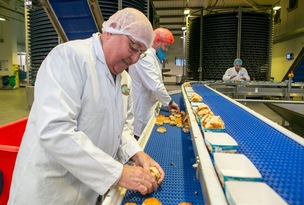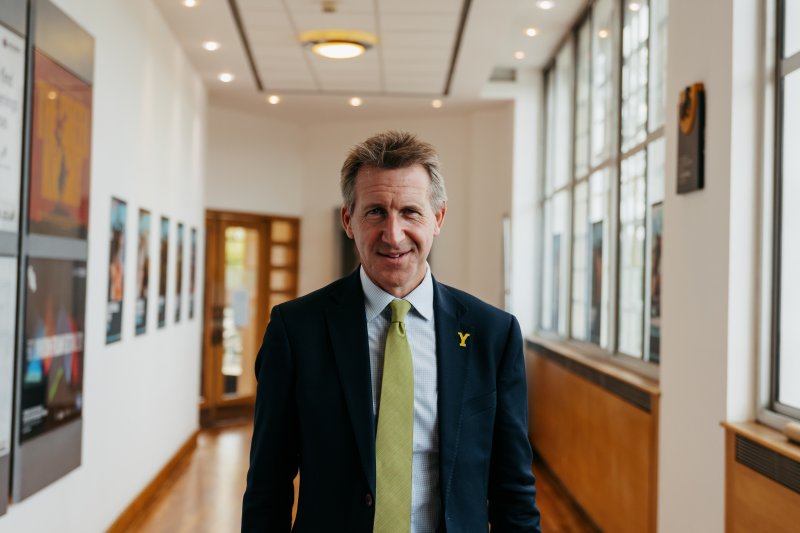Ambulance staff in Yorkshire have voted to take strike action over changes in shift patterns which could mean paramedics working up to 10 hours without a meal break.
Members of Unite, the country's largest union, voted for the 24-hour strike from tomorrow.
A second strike will take place from 3-7pm on Monday.
The members voted by a margin of 76 per cent for strike action.
Unite has been in a long-running dispute with the ambulance trust, headed by chief executive David Whiting, over its concerns relating to patient safety and large scale funding cuts of £46 million over a five year period.
The trust 'derecognised' the union about a year ago.
Unite regional officer Terry Cunliffe called for talks with Mr Whiting on the new shift patterns and their impact on patient safety.
The union claims the proposals would impact on patient safety as staff could go more than 10 hours without a meal break, as such breaks would be at the whim of managers.
It wants a protected meal break of 30 minutes after six hours.
Mr Cunliffe said: “Our members are taking action as they are very concerned about the scale of these changes and how they will impact on patient safety in Yorkshire. The shift patterns are not family friendly and will lead to an overtired workforce."
And he accused Mr Whiting of refusing to engage with the legitimate concerns Unite has raised.
Ian Brandwood, executive director of people and engagement at Yorkshire Ambulance Service NHS Trust, said: “We are disappointed with the Unite the Union ballot result. There is no mandate for strike action with only 40 per cent turnout from Unite members; only 150 people participated in the vote from our total workforce of more than 4,600.
"Strike action is certainly not in the best interests of our patients and it reflects the thoughtless conduct of Unite.
"We would like to reassure members of the public that Yorkshire Ambulance Service NHS Trust is committed to minimising the level of disruption to its services during any periods of industrial action and we have robust contingency plans in place to ensure we continue to provide responsive, effective and safe services for our patients.”





























